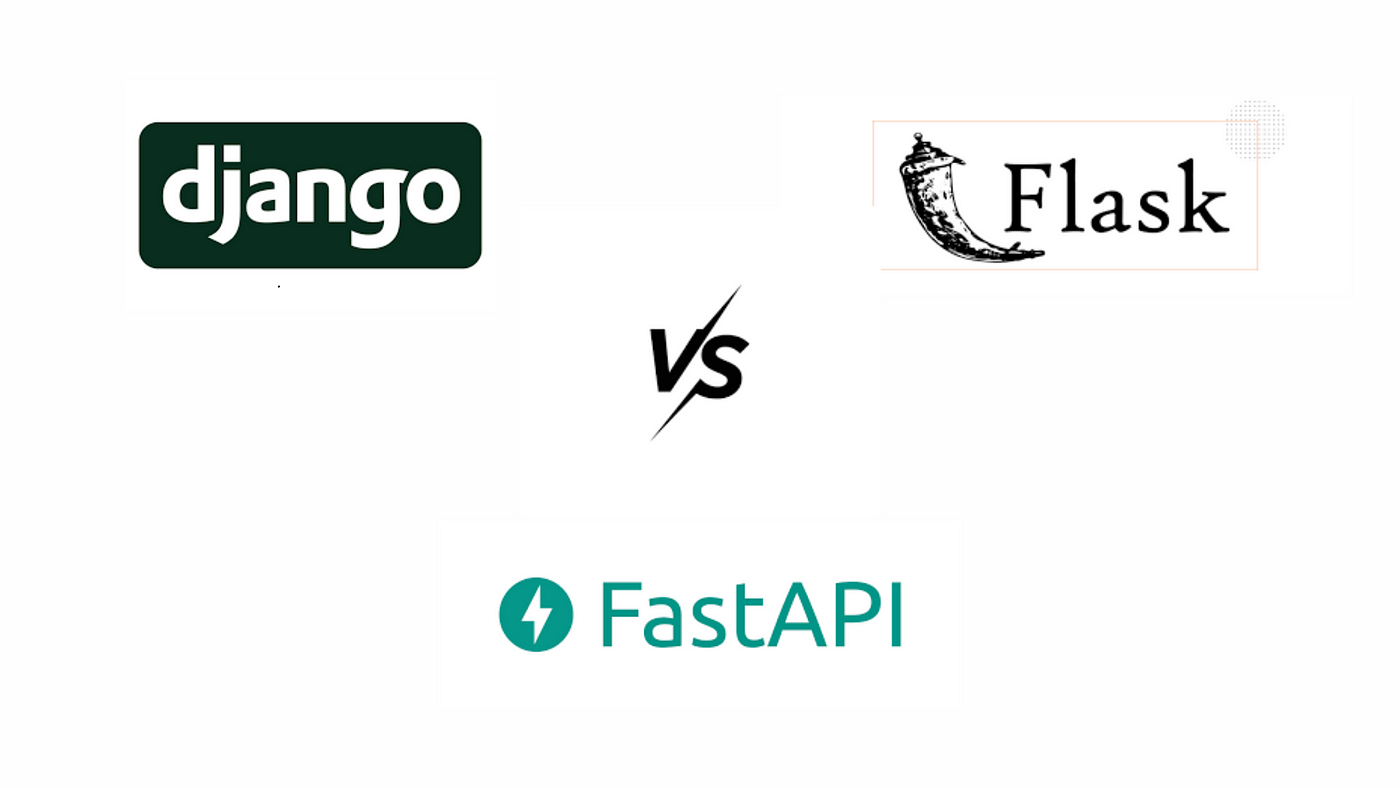By ATS Staff - July 12th, 2025
Python Programming Software Development
In the ever-evolving landscape of Python development, three frameworks have consistently emerged as the top choices for developers in 2025: Django, FastAPI, and Flask. These frameworks cater to a wide range of development needs, from building large-scale, feature-rich web applications to crafting lightweight microservices and high-performance APIs.
1. Django: The Batteries-Included Framework
Django stands as a high-level, "batteries-included" Python framework that enables rapid development of secure and maintainable websites. Its all-in-one approach provides developers with a vast array of built-in features, including an Object-Relational Mapper (ORM), a robust authentication system, a powerful templating engine, and an automatic admin interface. This comprehensive nature makes Django an ideal choice for complex, database-driven web applications, content management systems, and large-scale projects where a full suite of tools is beneficial from the outset.
Key Strengths:
* Comprehensive and Rapid Development: Includes everything needed for most web applications out-of-the-box.
* Security-Focused: Provides built-in protection against common security threats like SQL injection and cross-site scripting.
* Scalability: Proven to handle high-traffic applications for major companies.
* Strong Community and Documentation: Extensive documentation and a large, active community provide excellent support.
2. FastAPI: The High-Performer for APIs
A more recent entrant, FastAPI, has quickly risen to prominence due to its exceptional performance and ease of use for building APIs. As its name suggests, speed is a core feature, with performance comparable to that of NodeJS and Go. FastAPI leverages modern Python features like type hints to provide automatic data validation, serialization, and interactive API documentation (via Swagger UI and ReDoc). Its asynchronous capabilities make it particularly well-suited for building high-performance, concurrent applications.
Key Strengths:
* Exceptional Performance: One of the fastest Python frameworks available.
* Modern Features: Utilizes Python type hints for data validation and automatic documentation.
* Asynchronous Support: Built for asynchronous programming, making it ideal for I/O-bound tasks.
* Ease of Use: Simple and intuitive to learn and use, leading to faster development cycles for APIs.
3. Flask: The Flexible Microframework
Flask is a lightweight and highly flexible "microframework" that provides the bare essentials for web development, giving developers the freedom to choose their own libraries and tools. Its minimalist approach makes it an excellent choice for smaller projects, microservices, and applications where the developer wants more control over the components used. While it doesn't come with the built-in features of Django, a rich ecosystem of extensions allows for the integration of functionalities like database interaction and authentication as needed.
Key Strengths:
* Lightweight and Flexible: Provides a minimal core that is easy to extend.
* Extensive Ecosystem: A large number of extensions are available to add desired functionality.
* Simplicity: Easy to get started with, making it a popular choice for beginners.
* Ideal for Microservices: Its small footprint and flexibility are well-suited for building independent services.
Popular Categories
Agile 2 Android 2 Artificial Intelligence 50 Blockchain 2 Cloud Storage 3 Code Editors 2 Computer Languages 12 Cybersecurity 8 Data Science 15 Database 7 Digital Marketing 3 Ecommerce 3 Email Server 2 Finance 2 Google 6 HTML-CSS 2 Industries 6 Infrastructure 3 iOS 3 Javascript 5 Latest Technologies 42 Linux 5 LLMs 11 Machine Learning 32 Mobile 3 MySQL 3 Operating Systems 3 PHP 2 Project Management 3 Python Programming 26 SEO - AEO 5 Software Development 46 Software Testing 3 Web Server 7 Work Ethics 2